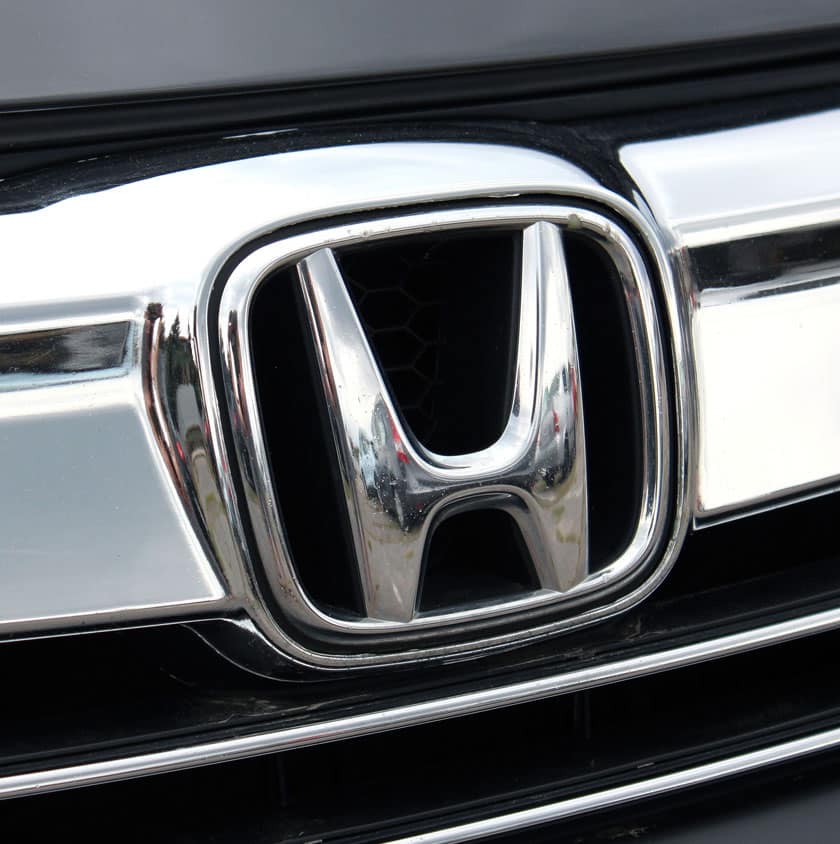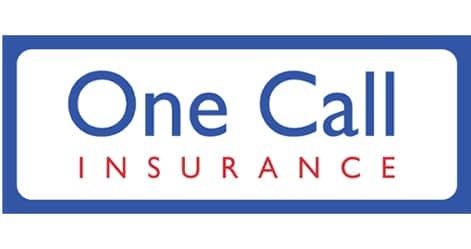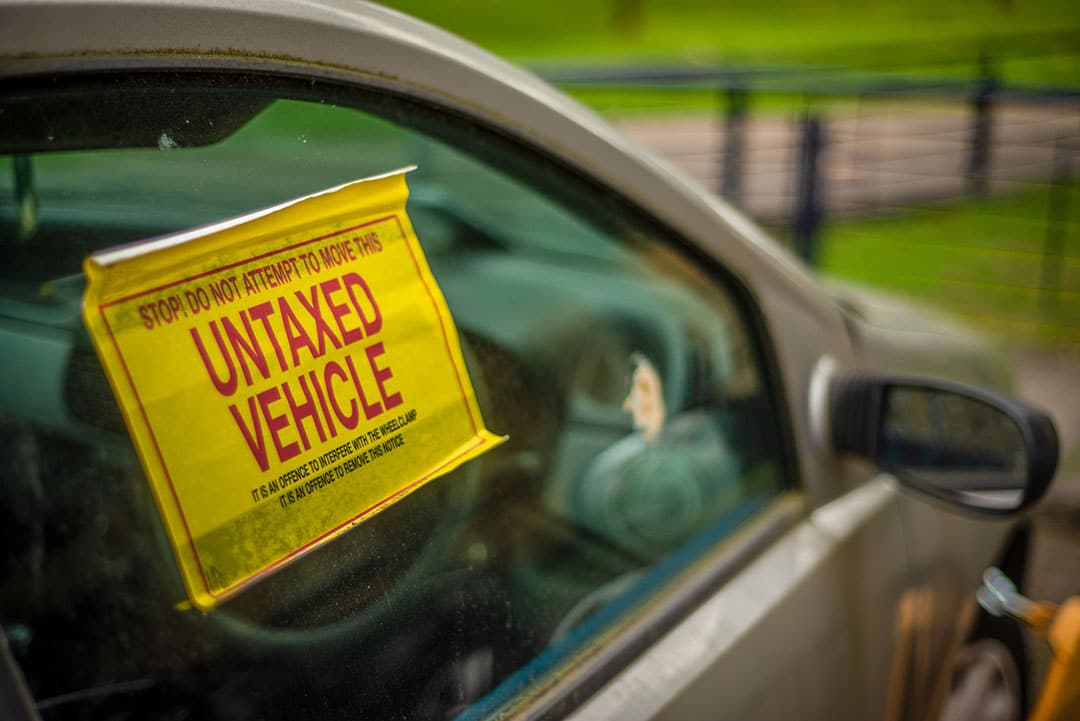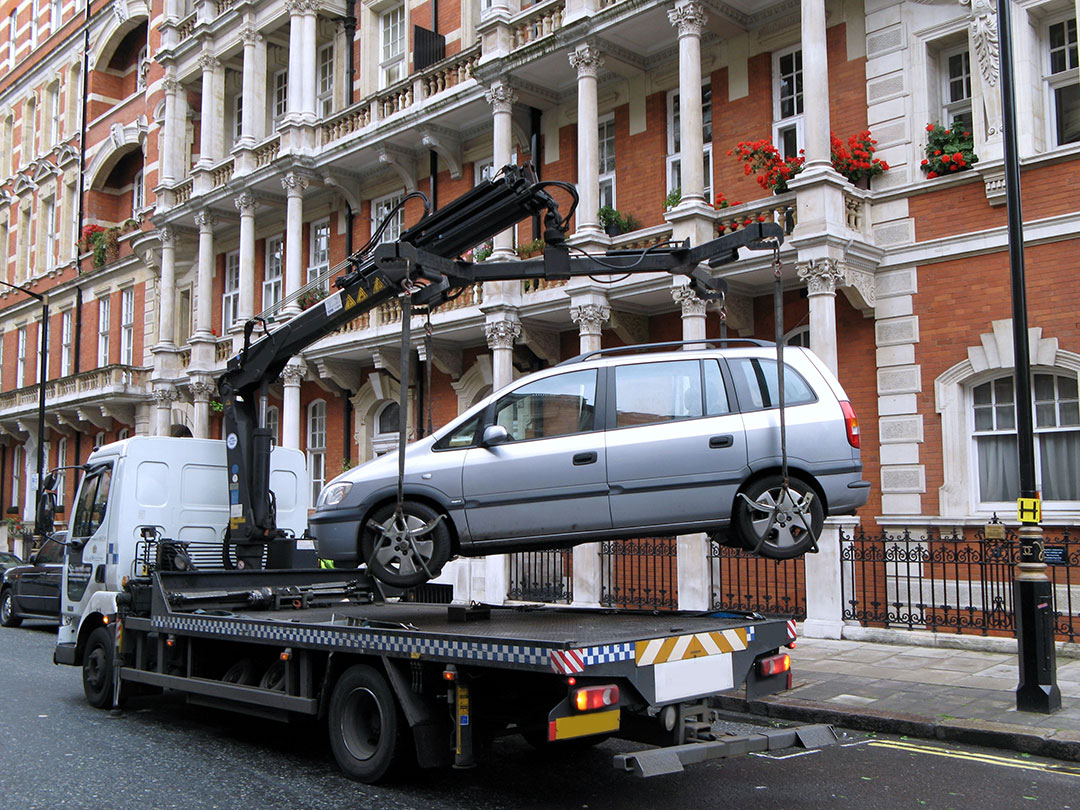
Honda Insurance
Compare Honda Car Insurance Quotes
- Compare 120+ insurers
- You could save up to £518*
- Find a great deal today

Compare affordable honda car insurance from top UK’s leading car insurers including:
Why Compare Honda Car Insurance Quotes at SimplyQuote.co.uk?
Honda insurance premiums vary widely — depending on the model, engine type, age of the driver, and whether the car is petrol, hybrid or electric. Comparing quotes is the easiest way to find the right cover without overpaying.
From the modest Jazz to the powerful Civic Type R, Honda’s line-up stretches across nearly every insurance risk bracket. A hybrid HR-V driven by a 45-year-old with a clean record could sit in a relatively low group — while a modified Civic or newly leased e:Ny1 might cost more to insure due to higher repair costs or trim-level complexity.
That’s why it pays to compare car insurance quotes. Whether you’re after an affordable policy for a second-hand Civic, or you’ve just leased a brand-new hybrid or EV, getting quotes side by side helps you make an informed choice.
We’ve partnered with Quotezone.co.uk, one of the UK’s leading comparison platforms, to bring you deals from a panel of trusted, FCA-regulated insurers. These providers understand the differences between Honda’s tech-heavy trims, eco-focused hybrid models, and performance-tuned variants.
Simply enter your details once to get a wide range of Honda insurance quotes — without pressure, without guesswork, and with confidence that you’re comparing real policies tailored to how you drive.
Who Are Honda?
Honda is one of the most recognisable Japanese automotive brands in the UK — known for reliability, fuel efficiency, and a model range that includes hybrids, hatchbacks, family SUVs, and performance cars.
Founded in 1948, Honda started life as a motorcycle manufacturer before evolving into one of the world’s most respected car brands. Their vehicles combine precision engineering with everyday usability — making them popular with commuters, families, older drivers, and petrolheads alike.
In the UK, Honda’s best-known models include:
- Honda Jazz – A compact hatchback loved by urban drivers for its practicality and low running costs
- Honda Civic – One of Britain’s most iconic hatchbacks, with a long history and performance-focused Type R variants
- Honda CR-V – A spacious family SUV, now available as a full hybrid
- Honda HR-V – A coupe-inspired hybrid crossover, built for efficiency
- Honda e:Ny1 – A fully electric SUV aimed at the growing EV market
Honda has also built a reputation for engineering innovation — from hybrid systems and CVT transmissions to safety tech like Honda SENSING and ADAS. Many newer models come with advanced driver assistance features that can influence both the cost of repairs and the kind of insurance you need.
From small hatchbacks in low insurance groups to high-spec hybrids and electric crossovers, Honda’s lineup is broad — which is why policy pricing can vary so widely. Knowing what you’re insuring helps ensure you’re not overpaying — or under-protected.

What Do I Need To Get A Quote?
To get a Honda car insurance quote, you’ll need to provide accurate details about yourself, your vehicle, how it’s used, and where it’s kept — the more precise you are, the more reliable your quote will be.
Most people can complete a quote in under five minutes, but don’t rush the details. Hondas come in many trims and engine variants — from the entry-level Jazz to high-spec Civic Type Rs with factory extras and ADAS safety systems. If your car is leased or part of Honda’s hybrid or electric range, expect additional factors to come into play.
Here’s what you’ll typically be asked for:
- Vehicle details – Registration number, model, trim, engine size, and whether it’s petrol, hybrid, or electric (e.g. e:Ny1 or Civic e:HEV).
- Personal details – Your age, occupation, postcode, licence history, and how long you’ve held your licence.
- Usage – Whether the car is used for commuting, business, or social driving. Some hybrid and EV models are used exclusively for commuting or short trips.
- Mileage – An annual estimate is usually enough, but be honest — underestimating by too much can cause claim issues later.
- Parking and security – Where the car is stored overnight, and whether it has factory-fitted security systems or a dash cam (especially common on newer Hondas).
- Claims and convictions – Any accidents, points, or claims in the past five years.
- Modifications – If your Civic or Jazz has been altered — even just alloys, tinted windows, or infotainment upgrades — these must be declared.
Some insurers will also ask if the car is leased or financed, as this may require comprehensive cover, OEM part use, and approved repairer clauses.
Why Should I Consider Honda-Specific Car Insurance Cover?
Because Honda vehicles are technologically advanced, hybrid-heavy, and increasingly electric — and not all insurers offer policies that reflect the unique risks and requirements that come with that.
A Civic with Honda SENSING tech isn’t the same to repair as a base hatchback. Likewise, an electric Honda e:Ny1 or a leased HR-V hybrid might need OEM-only parts or manufacturer-approved repairs — especially under finance agreements. These factors aren’t always accounted for in generic policies.
Here’s where Honda-specific insurance makes a difference:
- ADAS systems and safety packs – Many Hondas include adaptive cruise control, lane assist, and collision mitigation systems. Repairs to these aren’t just cosmetic — they require recalibration and cost more.
- Hybrid and EV components – Whether it’s the battery, electric motor, or charging system, you’ll need a policy that understands how to price and protect modern drivetrains.
- Leased and financed vehicles – Honda hybrids and EVs are often leased. If you’re not using approved repairers or OEM parts, you may be in breach of contract.
- Modified Civics – From body kits to infotainment upgrades, Civic owners are known to personalise. Declaring these properly can affect your premium — and whether you’re paid out fairly in a claim.
- Usage type – Honda drivers include commuters, retirees, and high-mileage users. The right policy should reflect how your car is driven — not just what badge is on it.
Ultimately, Honda-specific cover helps avoid surprise exclusions, claim disputes, and invalidated finance agreements. It’s about matching the protection to the car — not just the nameplate.

What Does Honda Car Insurance Cover Include?
Standard Honda car insurance policies include third-party liability, fire and theft protection, and accidental damage — but comprehensive cover can also include protection for hybrid systems, windscreen sensors, OEM repairs, and even charging equipment.
Like most policies, what you get depends on the level of cover you choose — Third Party Only, Third Party, Fire and Theft (TPFT), or Comprehensive. However, because of how Honda builds its cars — especially recent hybrid and electric models — many owners opt for higher-tier policies that reflect the real cost of parts, labour, and repair complexity.
Here’s what comprehensive Honda insurance typically includes:
- Third-party liability – Covers damage or injury you cause to others, both vehicles and property.
- Fire and theft – Protection if your car is stolen or damaged by attempted theft or fire.
- Accidental damage – Pays to repair your own vehicle, even if you’re at fault — essential for tech-equipped Hondas.
- Windscreen and glass cover – Often standard, especially useful for Honda models with embedded cameras or sensors in the screen.
- EV and hybrid component cover – May include battery faults, charging cable damage, and motor repair (check your policy — not all do).
- OEM parts and approved repairs – Required for many leased or financed Hondas to meet finance agreement terms.
- Legal expenses and uninsured driver protection – Often offered as add-ons, these cover disputes, injury claims, or uninsured accident claims.
- Courtesy car and breakdown cover – Depending on the provider, these may be included or offered as extras.
Newer Hondas — like the CR-V Hybrid, e:Ny1, and HR-V — include extensive onboard tech that can push up repair costs if not covered correctly. That’s why many drivers lean toward comprehensive cover, even when insuring lower-powered models.
What’s Not Included?
Even with comprehensive cover, most Honda car insurance policies come with exclusions — and missing them can lead to rejected claims, reduced payouts, or even policy cancellation.
Some of these exclusions apply to all cars. Others are more specific to Hondas — especially where hybrids, electrics, or driver-assist tech is involved. Understanding these gaps helps avoid nasty surprises when you need your insurer most.
Typical exclusions include:
- Undeclared modifications – Performance upgrades on a Civic, tinted windows, or aftermarket wheels must be declared. Otherwise, a claim may be rejected.
- Incorrect usage classification – Using your Jazz or HR-V for delivery, ride-share, or business mileage without disclosure could void your policy.
- Wear and tear or degradation – Battery ageing in a hybrid or electric Honda, worn brakes, or suspension faults are not insurable events.
- Non-approved repairs – Leased Hondas often require OEM parts and approved garages. If you skip these, your finance provider could get involved.
- Driving without the correct licence – No provisional, no insurance — regardless of policy type.
- Negligence or poor security – Leaving your keys in the ignition, failing to lock the vehicle, or driving with an open warning light may be classed as negligence.
Also worth noting: some features like legal cover, key protection, or courtesy car hire aren’t always included as standard. They’re often policy add-ons — so you’ll need to actively select them if you want that cover.
The key takeaway? Insurance isn’t just about what’s covered — it’s about knowing what isn’t.
How Much Does Honda Car Insurance Cost?
Honda insurance typically ranges from £450 to £900 per year — with prices varying based on the model, driver profile, postcode, and whether the car is hybrid, petrol, or electric.
Hondas have a reputation for being reliable and efficient, but insurance prices aren’t one-size-fits-all. A low-mileage Jazz driven by a retired couple will cost far less to insure than a Civic Type R driven by a 22-year-old with two points on their licence. Tech, trim, engine size, and usage all play a role.
Here’s a table of example premium ranges based on popular Honda models:
| Model | Driver Profile | Estimated Annual Premium |
|---|---|---|
| Honda Jazz (1.3 SE) | 45-year-old, 10+ years NCB, parked off-street | £450–£550 |
| Honda Civic (1.0 SR) | 30-year-old, 5 years NCB, suburban postcode | £600–£750 |
| Honda Civic Type R (2.0) | 25-year-old, 2 years NCB, urban postcode | £900–£1,200 |
| Honda CR-V Hybrid | 40-year-old, 8 years NCB, mixed commuting and leisure | £650–£800 |
| Honda HR-V (e:HEV) | 35-year-old, 6 years NCB, commuting use, leased | £600–£750 |
| Honda e:Ny1 (EV) | 38-year-old, 7 years NCB, home charging, off-road parking | £700–£850 |
These are estimates only — not live quotes — and they’re meant to give you an idea of what influences pricing. Insurers assess based on risk factors, including:
- Engine size and power output
- Tech features (ADAS, glass sensors, hybrid systems)
- Age and experience of the driver
- Where the car is kept
- How the car is financed — especially for newer EVs or hybrids
If you’re insuring a Type R, expect a performance uplift in premium. With hybrids and EVs like the e:Ny1 or HR-V, repair costs and battery cover can push prices up — but savings can often be found by selecting higher voluntary excesses or choosing a limited-mileage plan.
How Can I Save Money On Honda Car Insurance?
To lower your Honda insurance premium, focus on how the car is secured, driven, and declared — and avoid high-risk specs, especially for younger drivers or city-based owners.
Not every Honda costs a fortune to insure, but your choices can nudge premiums up or down. Whether you’re insuring a reliable Jazz or a high-spec hybrid CR-V, here are ways to keep your costs in check:
- Pick a lower trim level – Avoid Sport or GT variants unless you really need them. Entry-level trims often sit in cheaper insurance groups.
- Secure the vehicle properly – Park off-road or in a garage. Most newer Hondas have built-in alarms and immobilisers — be sure to declare these.
- Limit your mileage – If you’re not commuting daily, choose a mileage band that reflects your true usage. Less risk = lower premium.
- Consider a telematics (black box) policy – Ideal for younger Civic or Jazz drivers. Safe driving behaviour is often rewarded with lower renewals.
- Pay annually – Paying in one go avoids interest charges that come with monthly instalments.
- Declare hybrid or EV status accurately – Some insurers offer lower rates for hybrid Honda models, but only if declared and rated correctly.
- Shop around before renewing – Prices can swing significantly between providers, especially for tech-heavy or leased Hondas.
Also: check what extras are bundled in — things like breakdown cover or legal protection can often be removed if you already have them elsewhere. That alone could shave £50–£100 off your annual bill.
How To Compare Honda Car Insurance Quotes At SimplyQuote.co.uk
Comparing Honda car insurance quotes is fast, easy, and designed to save you money — just enter your details once to see live prices from trusted UK insurers.
Whether you drive a Jazz, Civic, CR-V or a leased Honda hybrid, you don’t need to fill in multiple forms or chase down providers manually. Our platform — powered by our partnership with Quotezone.co.uk — makes it simple to get the quotes you need, without the hassle.
Here’s how it works:
- Add your personal and vehicle details
Enter your registration or choose your model from a dropdown. Add your licence history, postcode, and occupation. - Explain how you use your car
Social only? Commuting? Business? This helps tailor quotes more accurately — especially for hybrid or EV owners. - Review your quotes instantly
Within seconds, you’ll get prices from a panel of FCA-regulated insurers — including policies tailored for hybrids, leased cars, or modified vehicles. - Choose your policy and apply
Once you’ve found the right quote, click through to the insurer’s website to finalise your application. It’s that simple.
There are no hidden fees, no pressure to commit, and no marketing calls. Whether you’re renewing, switching, or insuring a Honda for the first time — we make sure you’re comparing real options with real value.
*51% of consumers could save £518.14 on their Car Insurance. The saving was calculated by comparing the cheapest price found with the average of the next four cheapest prices quoted by insurance providers on Seopa Ltd’s insurance comparison website. This is based on representative cost savings from June 2025 data. The savings you could achieve are dependent on your individual circumstances and how you selected your current insurance supplier.
Frequently Asked Questions
Not typically. Most Hondas fall into mid-to-low insurance groups, especially the Jazz and base Civic trims. That said, models like the Civic Type R or newer hybrids with advanced tech can attract higher premiums.
The Honda Jazz is usually the cheapest to insure due to its small engine, low risk profile, and appeal to careful drivers. Entry-level trims without extras often sit in lower insurance groups.
It can be. Hybrids like the HR-V or CR-V may cost slightly more to insure than petrol versions due to battery systems and higher repair costs. Fully electric models like the e:Ny1 also require insurers that understand EV risks.
Yes — not all policies cover the recalibration or replacement of advanced driver assistance systems. It’s best to choose a comprehensive policy that includes sensor and windscreen-related cover.
Yes. They’re performance cars and often attract younger drivers, making them a higher risk for insurers. Expect premiums above average — especially if modified or city-based.
Yes, but all modifications must be declared — even cosmetic ones like tinted windows or upgraded alloys. Some insurers specialise in modified cars, but failing to disclose mods can invalidate your policy.
In most cases, yes. Leasing agreements often require repairs to be carried out using OEM parts and manufacturer-approved repairers. Always check your finance terms.
Absolutely. Telematics policies are popular with under-25s insuring Civics or Jazz models. Safe driving behaviour can lead to discounts and improved renewal pricing.
Car Insurance Guides


















